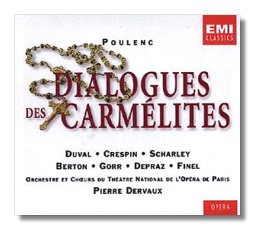| No. 342 of the ongoing ITYWLTMT series of audio montages can be found in our archives at https://archive.org/details/pcast342 |
=====================================================================
This week’s
podcast is an all-Sibelius program, featuring his first and second symphonies.
The
Symphony No. 1 was started in 1898, and finished in early 1899, when Sibelius
was 33. The work was first performed on 26 April 1899 by the Helsinki
Philharmonic Orchestra, conducted by the composer. After the premiere, Sibelius
made some revisions, resulting in the version performed today. The revised
version was completed in the spring and summer of 1900, and was first performed
in Berlin by the Helsinki Philharmonic, conducted by Robert Kajanus on 1 July
1900.
The
symphony is characterized by its use of string and woodwind solos; the first
movement opens with a long and discursive clarinet solo over a timpani roll;
(this idea returns at the start of the fourth movement, fortissimo in the
strings, with wind and brass chordal accompaniment), and subsequent movements
include violin, viola, and cello solos.
The
Symphony No. 2 was started in winter 1901 in Rapallo, Italy, shortly after the
successful premiere of the popular Finlandia, and finished in 1902 in
Finland. Sibelius said, "My second symphony is a confession of the soul."
Probably
his most played and celebrated symphony, critics were divided following the
symphony's premiere; the public generally admired the piece as its grandiose
finale was connected by some with the struggle for Finland's independence, so
that it was even popularly dubbed the "Symphony of Independence", as
it was written at a time of Russian sanctions on Finnish language and culture.
However, Virgil Thomson wrote in the New York Herald Tribune that the symphony
was "vulgar, self-indulgent, and provincial beyond all description."
Finnish
conductors Jukka-Pekka Saraste and Okko Kamu, lead both the performances on the
montage. Saraste’s performance of the First comes from his RCA Sibelius cycle
with the Finnish Radio Symphony Orchestra. Kamu’s performance is from an early
recording of his with the Berlin Philharmonic; Kamu took the top prize in the
first Karajan conducting competition in 1969 when he was just 23 years old. I
presume he was awarded the opportunity to record this (and two more Sibelius
symphonies) for DG because of that achievement. More recently, Kamu issued a
new Sibelius cycle for BIS records.
I think you will love this music too.



:format(jpeg):mode_rgb():quality(90)/discogs-images/R-3172901-1319041223.jpeg.jpg)


